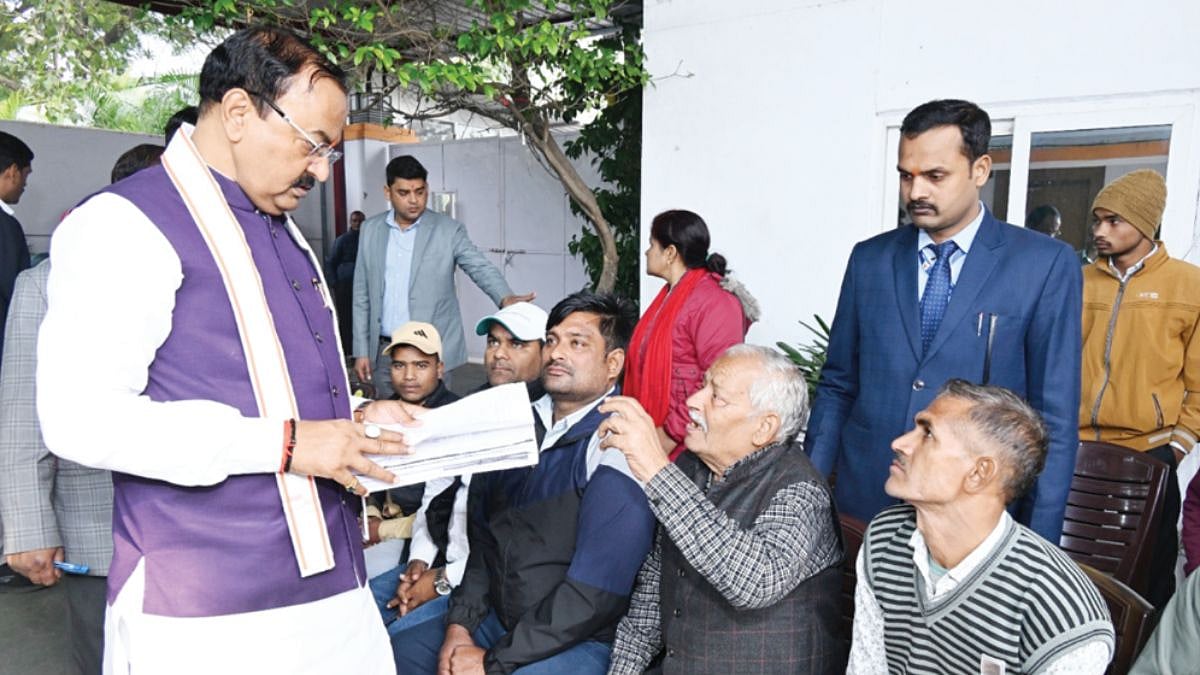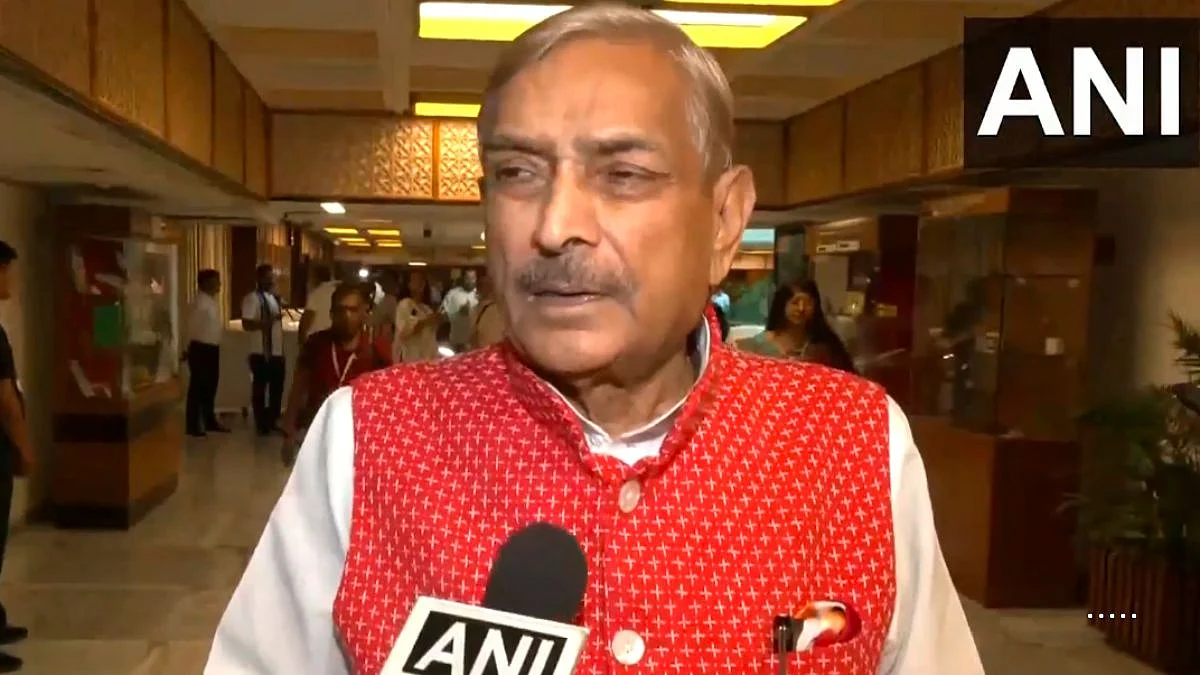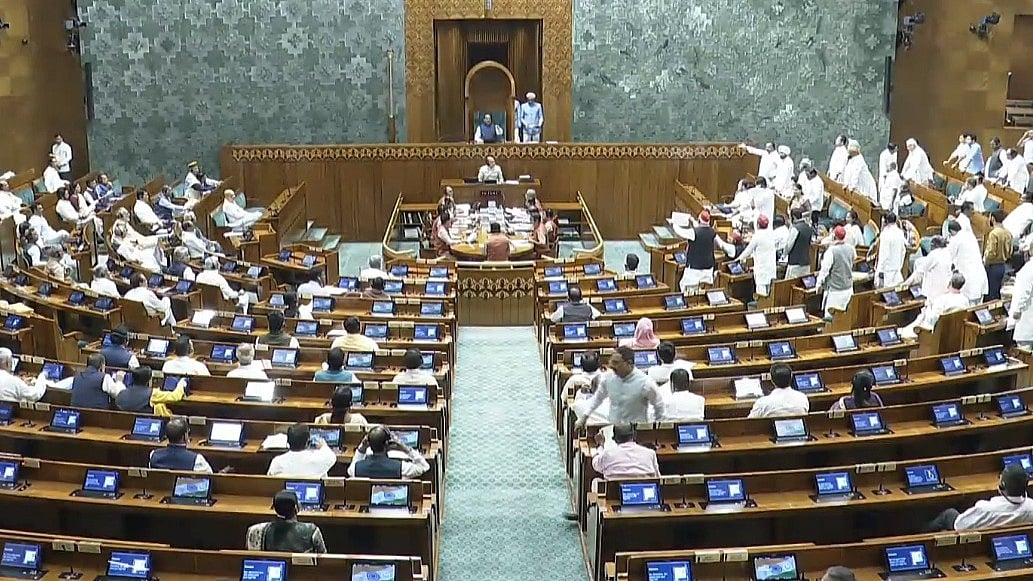New Delhi: The Rajya Sabha on Monday passed the Bills of Lading Bill, 2025, which was passed by the Lok Sabha in March this year, to replace the 169-year-old colonial era shipping law with a simplified, updated legal framework for shipping documents.
The bill was approved in the Upper House by a voice vote in the absence of the Opposition, who staged a walk-out in the post-lunch session.
In an effort to support the country’s growing shipping sector, Union Minister of Ports, Shipping and Waterways Sarbananda Sonowal moved the bill for consideration and passage by the Rajya Sabha.
He said the new legislation will replace the Indian Bill of Lading Act 1856 as the Bill of Lading Act 2025. The proposed legislation will provide a more modern and user-friendly approach to maritime shipping.
With both the Houses of Parliament now having approved the Bill of Lading Act 2025, it will now be sent to the President of India for her assent to be promulgated as the law of the land.
The current British era law, a brief three-section act, primarily governs the transfer of rights and confirmation that goods were loaded onto a vessel. With the shipping industry evolving and the global trade landscape changing, there is a pressing need for India to adopt a more comprehensive and understandable law that aligns with international standards.
The Bills of Lading Bill, 2024, will rename the existing law to the Bills of Lading Act, 2025, and include several key reforms. The new legislation aims to simplify the language and reorganise provisions without altering their underlying substance.
It also empowers the Central government to issue directions to facilitate the law’s implementation along with an inclusion of a standard repeal and saving clause, while eliminating the colonial legacy of the 1856 Act.
A bill of lading refers to a document issued by a freight carrier to a shipper. It contains details such as the type, quantity, condition and destination of goods being carried.
(Except for the headline, this article has not been edited by FPJ's editorial team and is auto-generated from an agency feed.)









.jpg)

